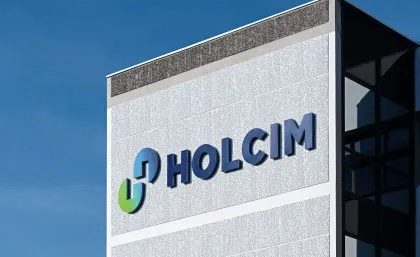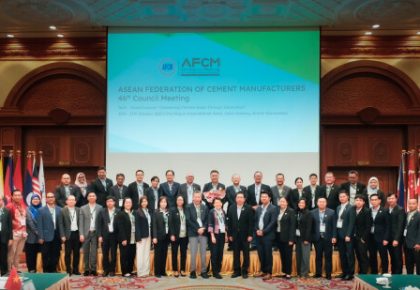
-
The joint venture partners will construct one of the first industrial-scale flash calciners worldwide to produce calcined clay cement with reduced clinker content
-
CO2 emissions from clay calcination are significantly below emissions from clinker production, thus substantially lowering the CO2 footprint in Ghana and advancing HeidelbergCement’s sustainability commitment in the region
-
The investment in the plant, which also more than doubles its cement capacity, underlines HeidelbergCement’s commitment to Ghana, one of its core markets in West Africa
HeidelbergCement has signed an agreement to acquire 50% of shares of and invest into CBI S.A. who controls the Ghanaian cement producer CBI Ghana. With this step, the company takes part in the construction of the world’s largest flash calciner. In addition, HeidelbergCement will strengthen its presence in Ghana through CBI’s cement grinding operations. The joint venture partners are committed to exploring additional calcined clay projects in West Africa.
Clay can be activated through calcination. The resulting calcined clay allows for high levels of substitution of clinker in cement. Since CO2 emissions from clay calcination are significantly below emissions from clinker production, substituting clinker with calcined clays significantly reduces the company’s CO2 footprint of cement in Ghana.
Dr. Dominik von Achten, Chairman of the Managing Board of HeidelbergCement, says: “Through the joint venture we reinforce two major pillars of our ‘Beyond 2020’ strategy: strengthening our position in a promising emerging market while at the same time reducing CO2 emissions to a large extent. Calcined clay is a very favourable raw material for West African countries without major limestone reserves to become less dependent on clinker imports.”
Hakan Gurdal, Member of the Managing Board of HeidelbergCement, adds: “Characterised by high sustained market growth rates, Ghana is one of HeidelbergCement’s core markets in Africa. The new flash calciner in Ghana will be the largest worldwide with a capacity of more than 400,000 tonnes of calcined clay per year. Start of production is planned for 2024. We are committed to lowering our CO2 footprint also in emerging markets.”
HeidelbergCement further develops its strong market position in Ghana. Its subsidiary Ghacem is the leading cement producer in the country. The existing grinding unit of CBI Ghana is located in Tema in the south and the current cement capacity of 0.6 million tonnes will be more than doubled through the expansion.



